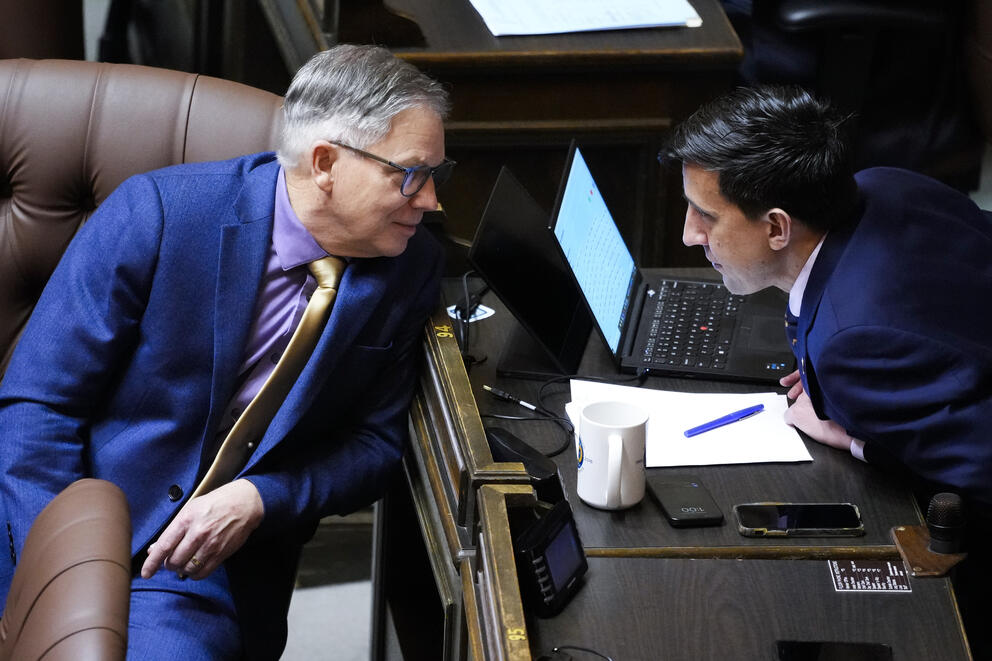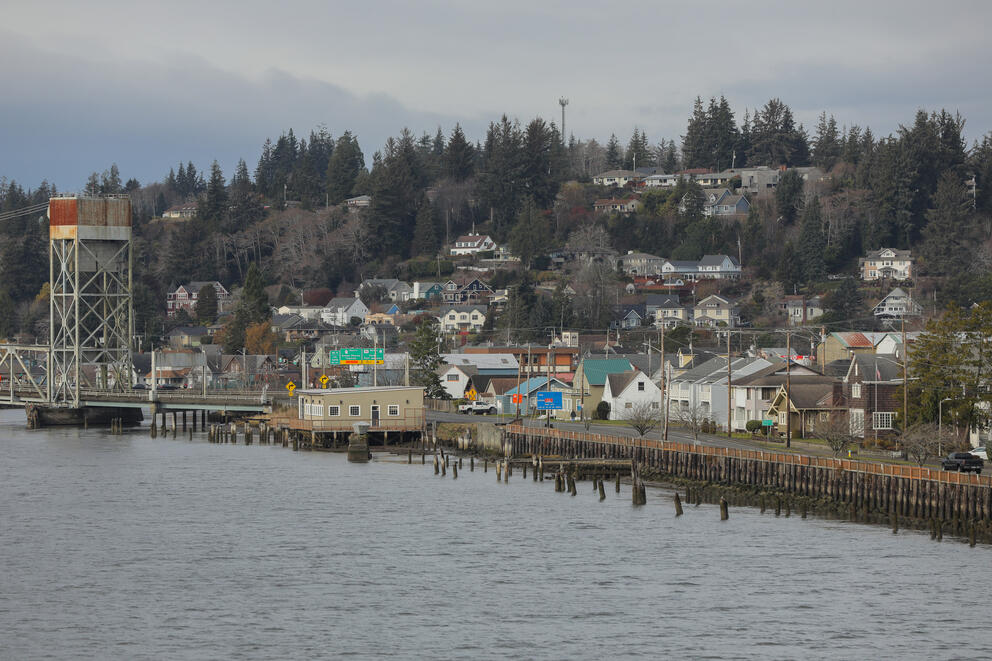A bill that aims to address housing supply and affordability in Washington by lowering parking requirements for new residential and commercial development passed through the state Legislature and will head to the governor’s desk to be signed into law.
Senate Bill 5184, called the Parking Reform and Modernization Act, would restrict how much parking cities and counties are allowed to require for new development.
If signed into law, cities with 30,000 or more residents would be prohibited from requiring more than 0.5 parking spaces per new multifamily unit, or more than one parking space per single family home. Cities would be prohibited from requiring any parking for residences under 1,200 square feet, commercial spaces under 3,000 square feet, senior housing, child care facilities or housing classified as affordable.
The law would also limit restrictions on commercial development to no more than two parking spaces per 1,000 square feet.
In all cases, developers could still choose to provide more parking if they want to.
The Sightline Institute, a nonprofit research and policy group, celebrated the passage of the bill in a blog post last week as “one of the strongest parking reform packages attempted anywhere in the United States.”
For decades, many Washington cities have made it illegal to build housing without providing at least one parking space per unit. But parking reform advocates argue that those requirements prioritize cars over people and add unnecessary costs that hinder new housing development.
“These rules are totally arbitrary,” said Catie Gould, a researcher with Sightline, in an interview last month. “Most cities don’t remember where these ratios came from. They were adopted really quickly in the 1950s and ’60s.”
Some cities, like Mercer Island, require a “minimum ratio of two parking spaces for each unit” in apartment complexes. Gould argues that doesn’t make sense because nearly 60% of renter households in Washington have just one car or none at all. When developers are forced to build parking spaces that people don’t need, the costs often get passed on to the tenant, Gould said.
“They’re overbuilding for renters and they’re adding these unnecessary costs that people don’t need,” Gould said. “If we really want to build more housing and open up opportunities for new housing, excessive parking mandates have got to go.”
The bill was introduced by Sen. Jessica Bateman, D-Olympia. It received pushback from some city officials, who argued that local governments are best suited to make zoning decisions, and that the law would erode local control.
At a hearing last month, Kennewick Councilmember Jim Millbauer urged lawmakers to “allow cities to develop more locally tailored programs.”
“Kennewick does not have a transit system that is robust enough to provide efficient service throughout the community,” Millbauer said. “We also live in a rural area, which means more of our residents use a vehicle to get to work or school. Today we are, and for the foreseeable future will continue to be, an auto-centric community.”
Amendments in the House Local Government Committee scaled back the scope of the law. After passing the Senate with an added exemption for cities with under 20,000 residents, the bill was further narrowed in the House to exempt cities with fewer than 30,000 people. That would allow cities like Mercer Island (pop. 24,742) to continue setting their own parking ratios. The House also added a three-year phase-in period for cities with 30,000 to 50,000 residents and an 18-month phase-in for cities with 50,000 or more residents.
Gould said she was disappointed by the exemptions for smaller cities. “These rules cause problems in communities of all sizes around the state,” she said. “Nobody has to stop driving for this reform to make sense, we’re trying to provide more opportunities and more choices for people.”
In a Friday post on Bluesky, Bateman celebrated the bill advancing to the governor’s desk. “Two years ago, parking reform of this magnitude would not have been possible,” Bateman wrote. “Pro-housing advocates have changed the narrative and demanded action.”
A handful of Washington cities have fully scrapped parking mandates in recent years. Spokane was the first major city to do so — eliminating parking requirements near transit stops in 2023, and then citywide in 2024.
So far, Spokane’s reforms haven’t spurred dramatic change. Developers are still choosing to provide parking “in almost all cases,” said Spokane Councilmember Zack Zappone while testifying in favor of the statewide bill last month.
“In the majority of cases, they’re still providing at least one space per unit,” Zappone said. “In a few cases, they’re providing a ratio below the one-to-one. In extremely rare cases, they’re not doing any on-site parking at all.”







